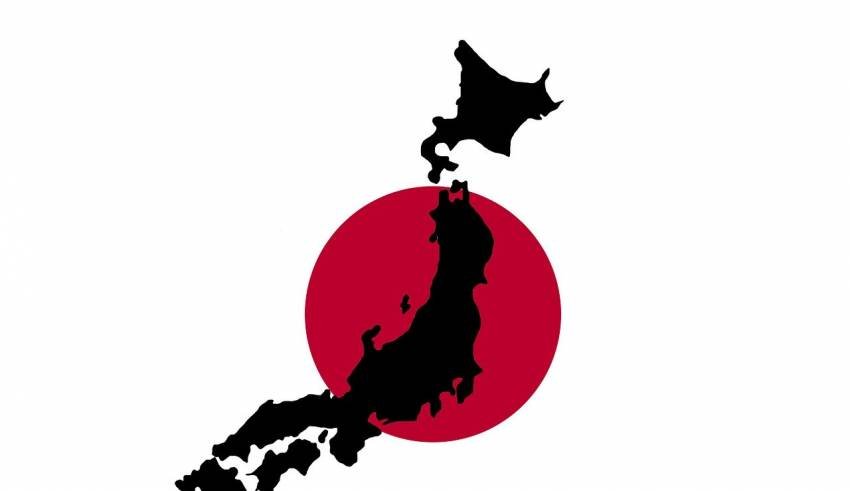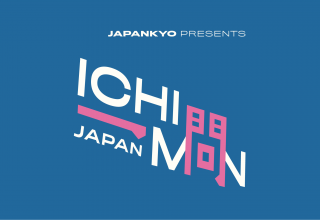
A brief overview of dementia in Japan.
With about a third of Japan’s population aged 65 or older and no signs of this number going down anytime soon, Japan is having to deal with a long list of pressing issues that are stemming from its rapidly aging population. Perhaps one of the most pressing of these issues is how to deal with the impact of the ever-growing number of people suffering from dementia. According to research conducted at Kyushu University, around 7.3 million people, or 20.6% of all seniors in Japan, are expected to be suffering from the effects of dementia by 2025. As such, today, we’ll be taking a look at the impact dementia is having on Japanese society and a few of the ways both the Japanese government and private companies are trying to get a handle on this issue.
Behind the Wheel
Dementia not only hampers the lives of those suffering from the condition, it can also be a cause of concern for people around them, and may even prove fatal in certain situations. One such situation occurs when individuals afflicted by dementia drive. For many years now elderly drivers have been making headlines in Japan for being involved in fatal car accidents. Though dementia was not the only cause of these accidents, a recent survey reported that over 10% of people suffering from dementia were involved in traffic accidents while they were driving. Most of these accidents occurred when the drivers mistook the accelerator pedal for the brake pedal or couldn’t differentiate between the lanes and started driving the wrong way. In a time when the death toll due to traffic accidents is on the decline, accidents caused by elderly drivers have become a significant concern for the Japanese authorities.
The Forgotten Fortunes
Another major cause of concern for people suffering from dementia, their families and the government is the difficulties these individuals have handling their financial assets. As the symptoms of dementia progress it becomes increasingly difficult for sufferers to keep track of things like bank accounts and relevant documentation. In worst case scenarios, this may even result in assets becoming completely forgotten and unclaimed despite the existence of a proper heir. According to the Dai-Ichi Life Research Institute Inc., those suffering from dementia collectively held a capital of ¥143 trillion ($1.3 trillion USD) in 2018. It is estimated that this number will swell to ¥215 trillion ($1.9 trillion) by 2030, which will adversely affect the Japanese economy.
The Japanese Government’s fight against Dementia
Not surprisingly, the Japanese government is aware of the growing threat that dementia means for Japanese society as a whole. With one in every five elderly Japanese expected to be affected by dementia, the Ministry of Health, Labour and Welfare is heading initiatives to ensure maximum support for these people. One such initiative involves training people to support those suffering from dementia. The government’s priority is to educate people about dementia and how it affects people’s lives. The idea is to inculcate a sense of acceptance for people suffering from dementia. The government has laid out guidelines to cope with the rise in dementia by emphasizing “prevention” and “coexistence.”
Even though no established preventive measures exist for dementia, research has been focused on finding ways to delay the onset of dementia and slow its progression. The government guidelines emphasize the need for physical exercise and increased social interaction. However, in a society where isolation is increasingly common, achieving this comes with challenges of its own.
To foster a sense of coexistence, the government introduced an educational program to train supporters who can assist dementia patients. These local “dementia supporters” have been trained to understand the symptoms of dementia and can provide support to dementia patients and their families. Most of these supporters are people that come in frequent contact with those suffering with dementia such as public transportation workers, store clerks or bank tellers etc. According to the Dementia Supporter Caravan an estimated 12 million supporters have completed the mandatory training.
Promoting Mutual Understanding Through Food and Mistaken Orders
While the Japanese government is making efforts to provide maximum support to dementia patients and their families, private corporations and innovators have also stepped up to the task. Silverwood Corp., a Japanese operator of homes for the elderly, introduced an “open-door” policy that allows open access to the facility’s cafeteria and snack bar to the general public. The snack bar is staffed by the residents of the facility which increases the chances of interaction with the visitors. Visitors to the cafeteria often end up chatting with the residents and befriending them. In an article on Forbes published this past January, Shinichiro Fumoto, head of the Urayasu City facility, explained that these interactions foster a sense of acceptance and inclusion, which in turn has improved the well-being of the residents.
While Silverwood Corp. is trying to promote interaction between the elderly and the locals, the “Restaurant of Mistaken Orders” (Chūmon o Machigaeru Ryōriten, 注文をまちがえる料理店) produced by Shiro Oguni takes this one step further. As the name suggests, in Oguni’s pop-up restaurant all the servers are dementia patients, which means mistakes are bound to happen. An interesting twist to the Japanese restaurant culture where proprietors typically go to great lengths to ensure perfect service, the Restaurant of Mistaken Orders almost clearly states that “They may, or may not, get your order right.” Oguni’s idea has not only received domestic appreciation, but has also won international accolades, including the Silver Cannes Lions 2019 prize. The idea of creating pop-up style restaurants that utilize sufferers of dementia has been so successful that Oguni has even written a book that outlines how to create a “Restaurant of Mistaken Orders.”
A video about the Restaurant of Mistaken Orders
Lest We Forget
According to the World Health Organization (WHO), an estimated 50 million people suffer from dementia worldwide. Unless adequate steps are taken, this number could potentially reach 152 million by 2050. Dementia is not just Japan’s problem, but for a country with the highest percentage of elderly population in the world, it is a major cause of concern. The Japanese government has set out its goals to curb the increase in the number of patients suffering from dementia, however, the feasibility of the targets remains in doubt.
Here is an interesting report by the BBC on some of the ways peple in Japan are trying to keep people suffring from dementia safe
Featured image: Pixabay















